Justice Minister Alina Gorghiu said on Thursday, after the Supreme Court decided the retrial of dissident Gheorghe Ursu's case, that the truth about the crimes of communism must be known, otherwise extremist political ideologies will always make their way into the public arena.
"The High Court of Cassation and Justice has today admitted the appeal of the PJCCJ [the Prosecutor's Office attached to the High Court of Cassation and Justice] in the case of the anti-communist dissident Gheorghe Ursu and ordered the case to be retried at the Bucharest Court of Appeal. I am glad that I had the chance to see such a reparation, even partial! I hope for a complete one after the retrial! I thank the prosecutors for having made all the steps this year and I thank justice that in December 2024 we are closer to a verdict in line with the historical truth," wrote Alina Gorghiu on her Facebook page.
According to the minister, fundamental human rights and freedoms are "fundamental values" of today's democratic Romania.
"The truth about the crimes of communism must be known, otherwise extremist political ideologies will always have their place in the public space," Gorghiu emphasized.
The High Court of Cassation and Justice on Thursday overturned the acquittal of former Securitate officers Marin Pirvulescu and Vasile Hodis, who tortured dissident Gheorghe Ursu, and their case will be retried from ground zero.
The decision follows the admission of requests for review filed by prosecutors and Andrei Ursu, son of Gheorghe Ursu.
In October 2023, the Prosecutor General's Office requested the annulment of the decision, by way of revision, by which torturers Marin Pirvulescu and Vasile Hodis were acquitted by the Supreme Court for the crime of inhumane treatment.
The prosecutors argued in the request for review that there are facts or circumstances that were not known to the judges when they solved the case of Gheorghe Ursu's torturers.
Thus, the Prosecutor's Office stated that it had received from the National Council for the Study of the Securitate Archives documents containing data and information, accompanied by technical details, which were not known to the magistrates during the trial.
In addition, a documentary material from the Institute for the Investigation of the Crimes of Communism and the Memory of the Romanian Exile (IICCMER), elaborated in collaboration with the Nicolae Iorga Institute of History, was submitted, regarding the cases and human rights violations in Romania between 1980 and 1989.
In his turn, Andrei Ursu, the dissident's son, said that the acquittal decision was a shock for all those who know the case of Gheorghe Ursu's murder and maintained that the Securitate still has direct or subliminal possibilities to influence some of the people in the judiciary.
IICCMER also argued that the acquittal of former Securitate officers Marin Pirvulescu and Vasile Hodis represents a threat to the rule of law and is in flagrant contradiction with the historical truth, opening the way to the rehabilitation of the totalitarian regime.
On July 27, 2023, the High Court of Cassation and Justice ordered the final acquittal of former Securitate officers Marin Pirvulescu and Vasile Hodis, accused of torturing the dissident Gheorghe Ursu.
In the acquittal decision, the judges reasoned that Gheorghe Ursu was not an opponent of the communist regime and was not in adversarial relations with the Securitate, so that the offense of inhumane treatment cannot be held against the officers who investigated him.
Another sentence in the judges' reasoning that scandalized public opinion was that in 1985 it could not be held that the repression organized by the Securitate was systematic and would have been exercised through information control of "the entire active population", but that it was only "a conflict limited to a few people".
Moreover, the judges considered that during the Ceausescu regime there was no clear intention to systematically exterminate any opposition from the state authorities.
Gheorghe Ursu, a construction engineer, poet and writer, was investigated by the Securitate in the 1980s after he sent letters to Radio Free Europe and kept a diary in which he wrote about the horrors of the communist regime.
Between January and November 1985, Gheorghe Ursu was the subject of information and judicial prosecution for acts or deeds considered hostile to the communist regime, and was arrested on September 21, 1985. He died on November 17, 1985.
The military prosecutors established that Marin Pirvulescu and Vasile Hodis exercised repressive and systematic actions (surveillance, information pursuit, searches, systematic hearings, acts of physical and psychological violence) on Gheorghe Ursu, actions that "resulted in the production of serious physical or mental suffering and were likely to seriously infringe his fundamental rights and freedoms, in particular his right to life".
The dissident's son, Andrei Ursu, maintains that it was Mihai Pirvulescu who first investigated Gheorghe Ursu while he was in liberty. Because the latter refused to denounce his friends, among them the well-known writers Nina Cassian, Geo Bogza, Radu Cosasu, the Securitate decided to "continue the investigations under arrest", "so as to clarify the nature of the relationships with the latter".
In order to try to avoid a case of political persecution that would have been unfavorable to the Ceausescu regime internationally, the Securitate framed Gheorghe Ursu for a common law case (for possession of 17 dollars), for which it arrested him on September 21, 1985. He was imprisoned in a cell with two common-law prisoners, Marian Clita and Gheorghe Radu, who were ordered by the Securitate to use violence against him.
The engineer died after being beaten by Marin Pirvulescu and other Securitate officers, as well as after being assaulted by the common law detainees.
So far, three people have been convicted in this case: Colonel (r) Tudor Stanica, then head of the Militia in the capital, Colonel (r) Mihai Creanga, his deputy, and Marin Clita, the dissident's cellmate.
Tudor Stanica, who died recently, did not serve a single day in prison, citing medical reasons, after having obtained in court 22 requests for deferment of execution of sentence. Mihai Creanga escaped after ten years, and common-law inmate Marin Clita got out after nine years for good behavior. Clita is currently back in prison, serving a 14-year sentence received in Denmark for allegedly killing a stewardess in a Copenhagen hotel room.

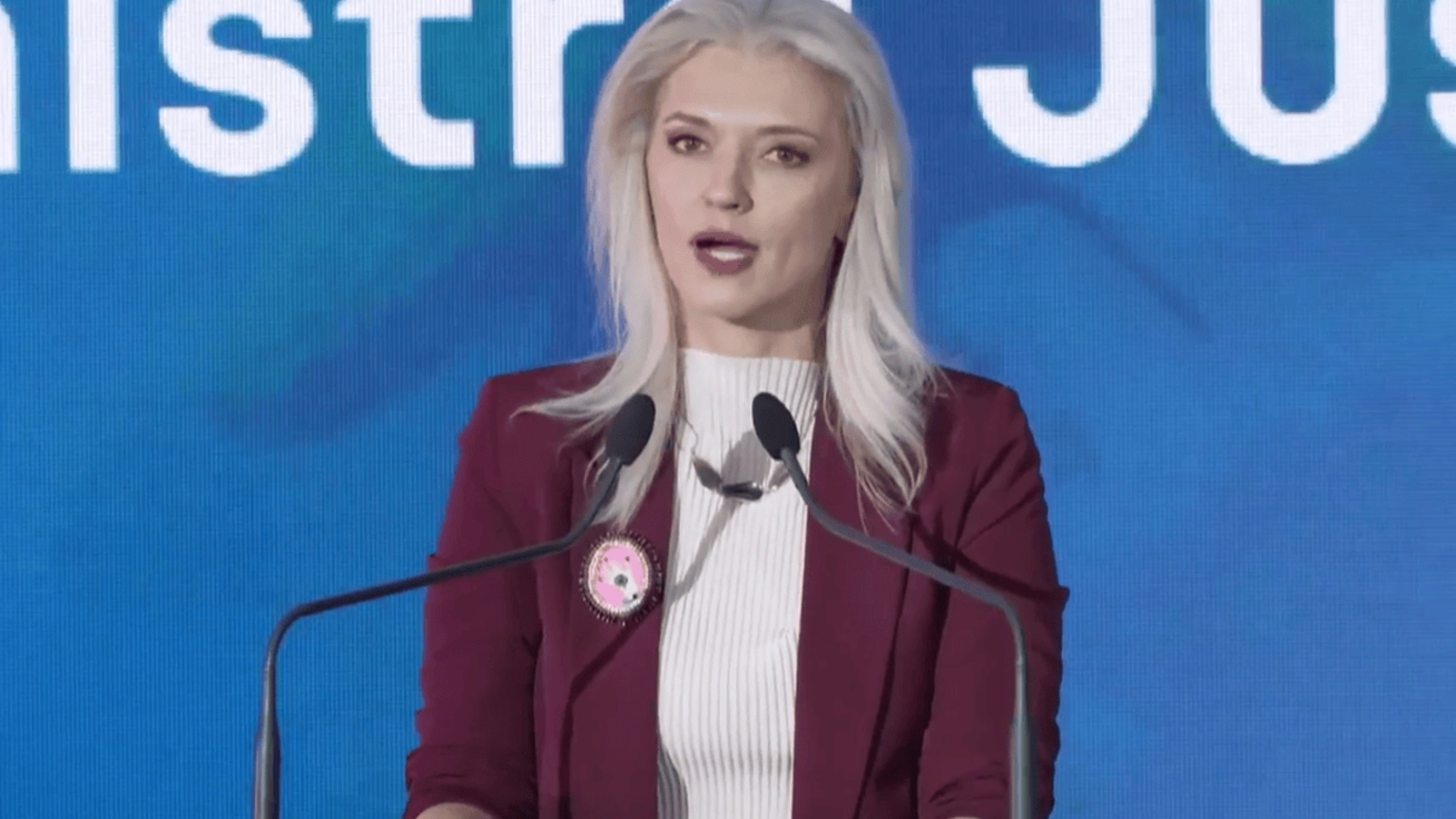

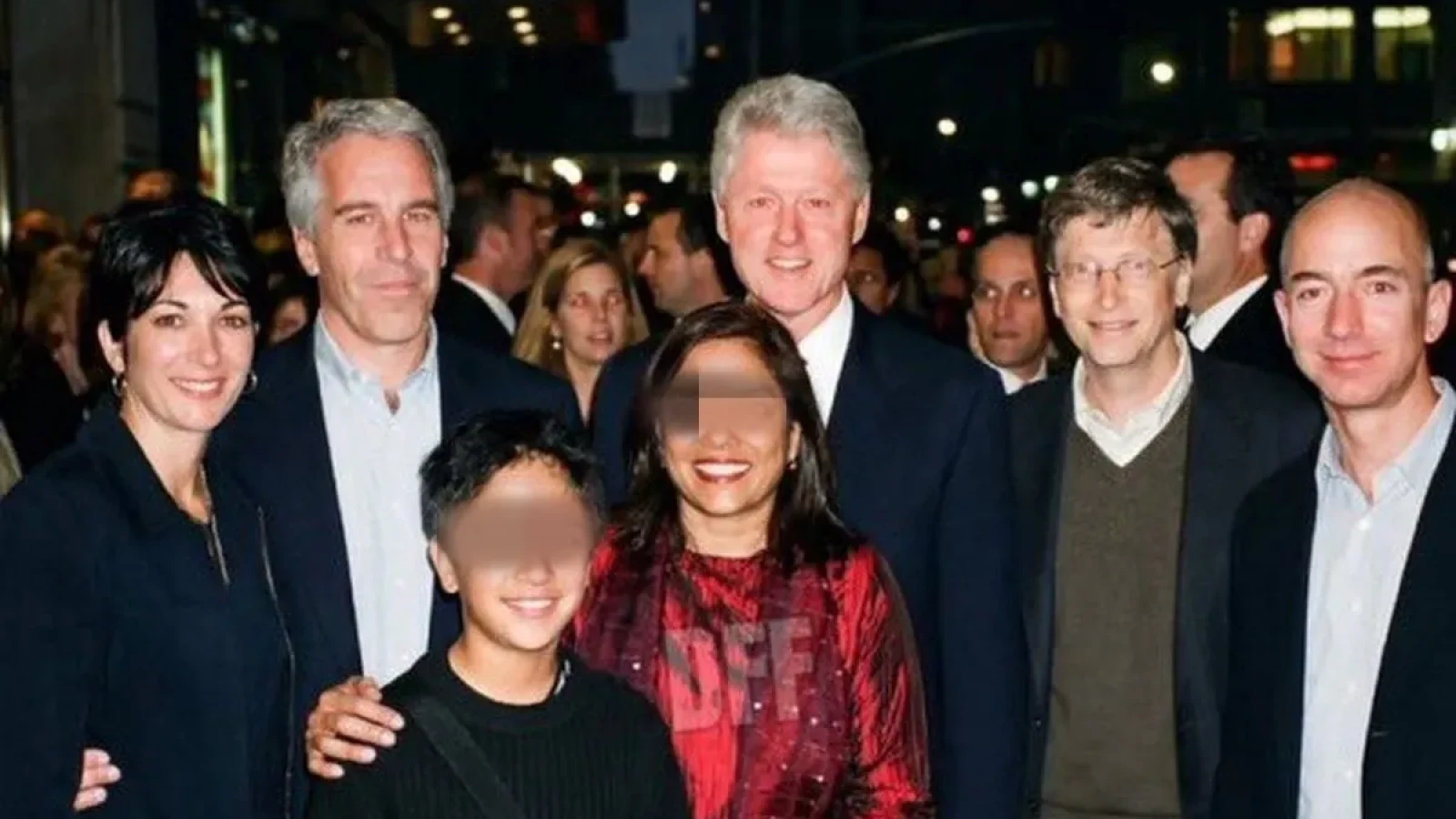

















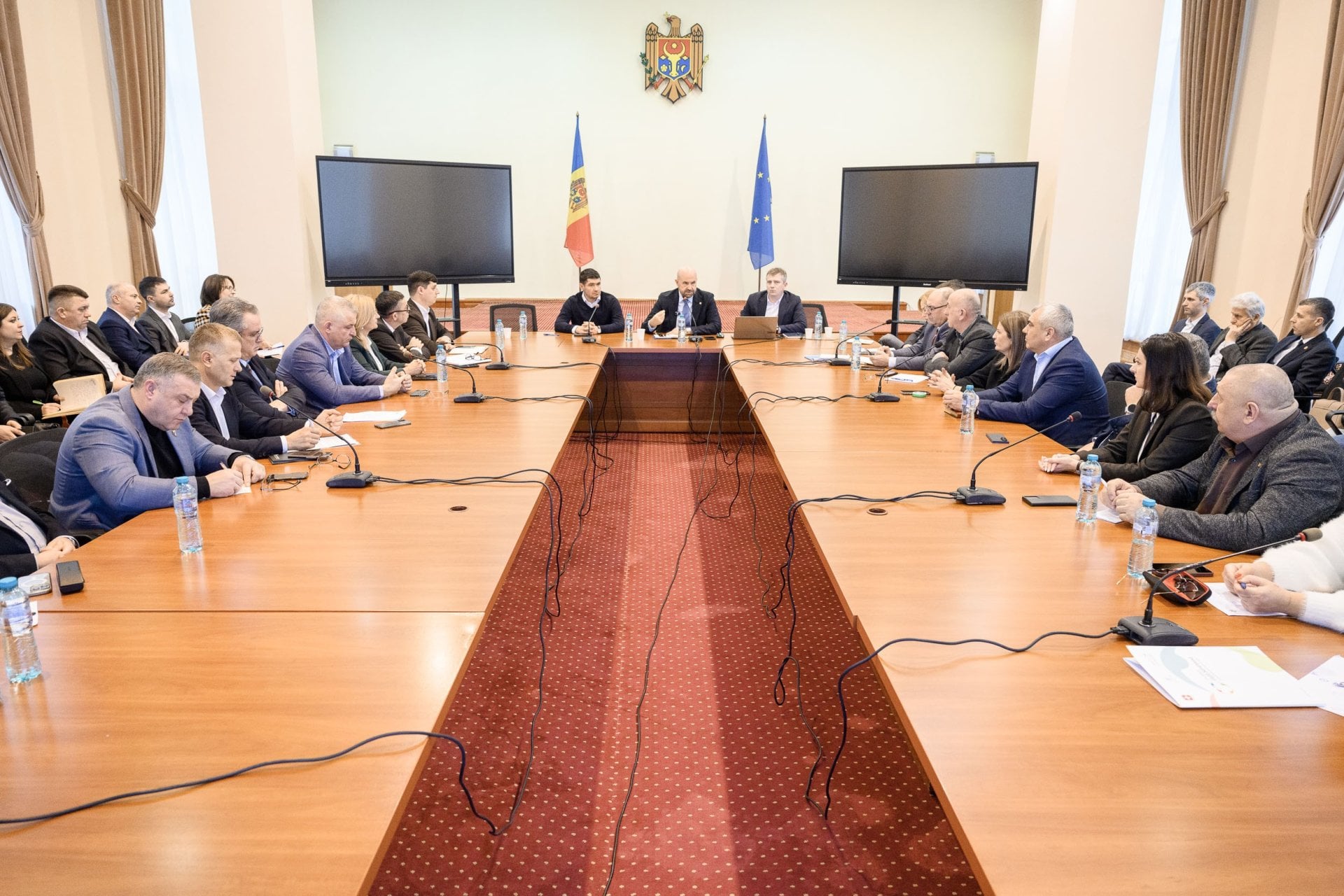
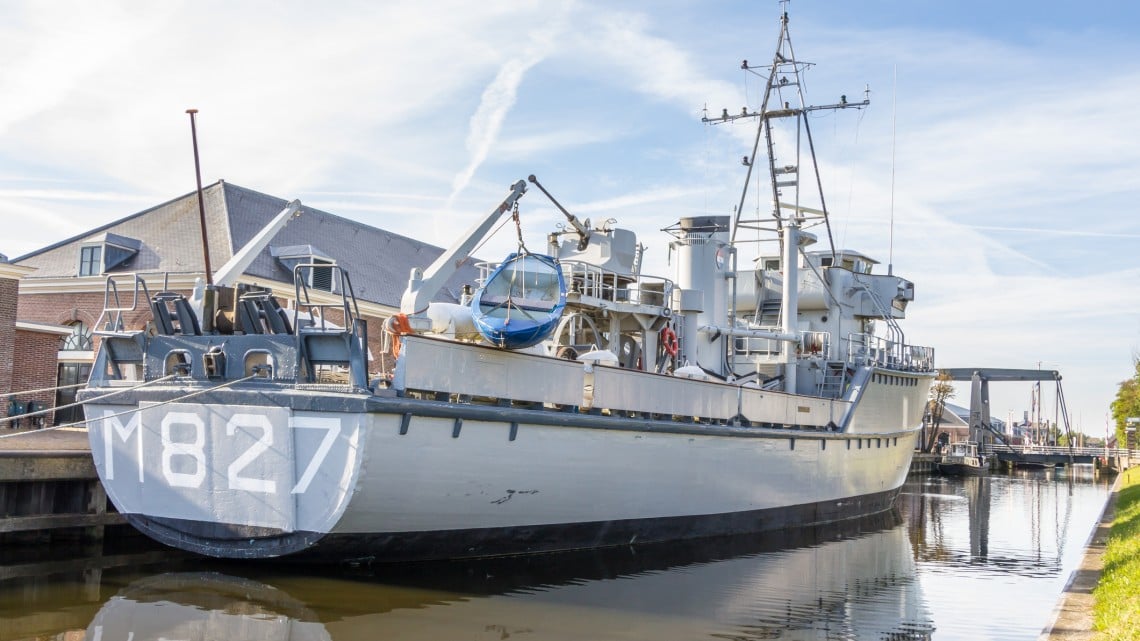
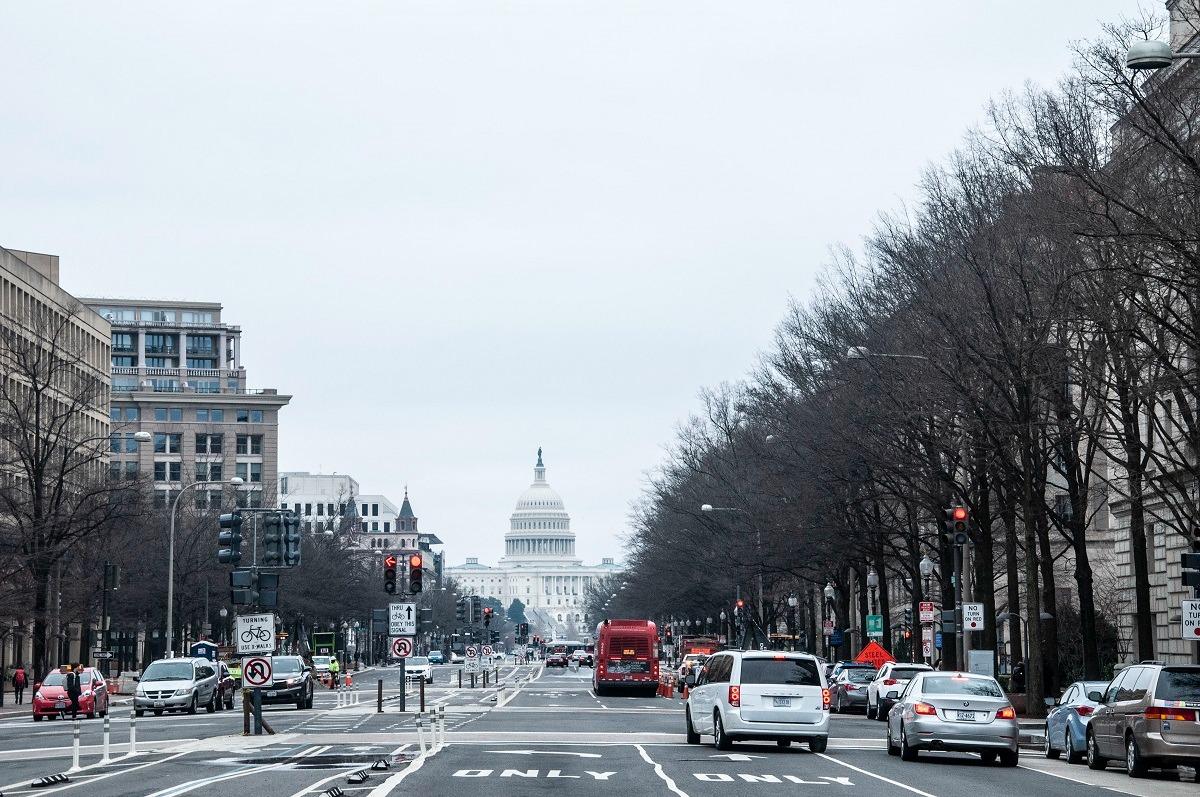

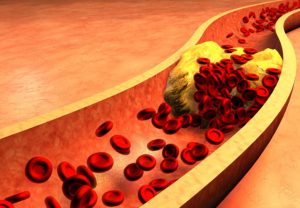



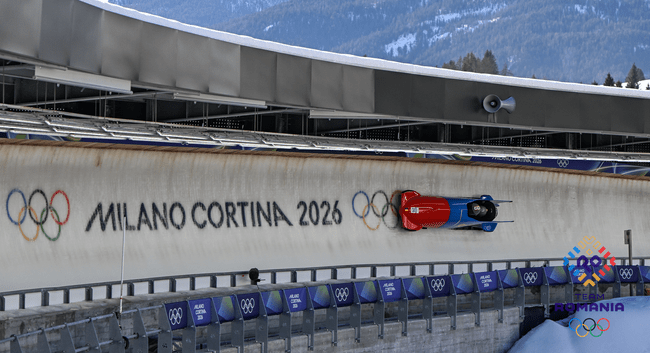


Comentează